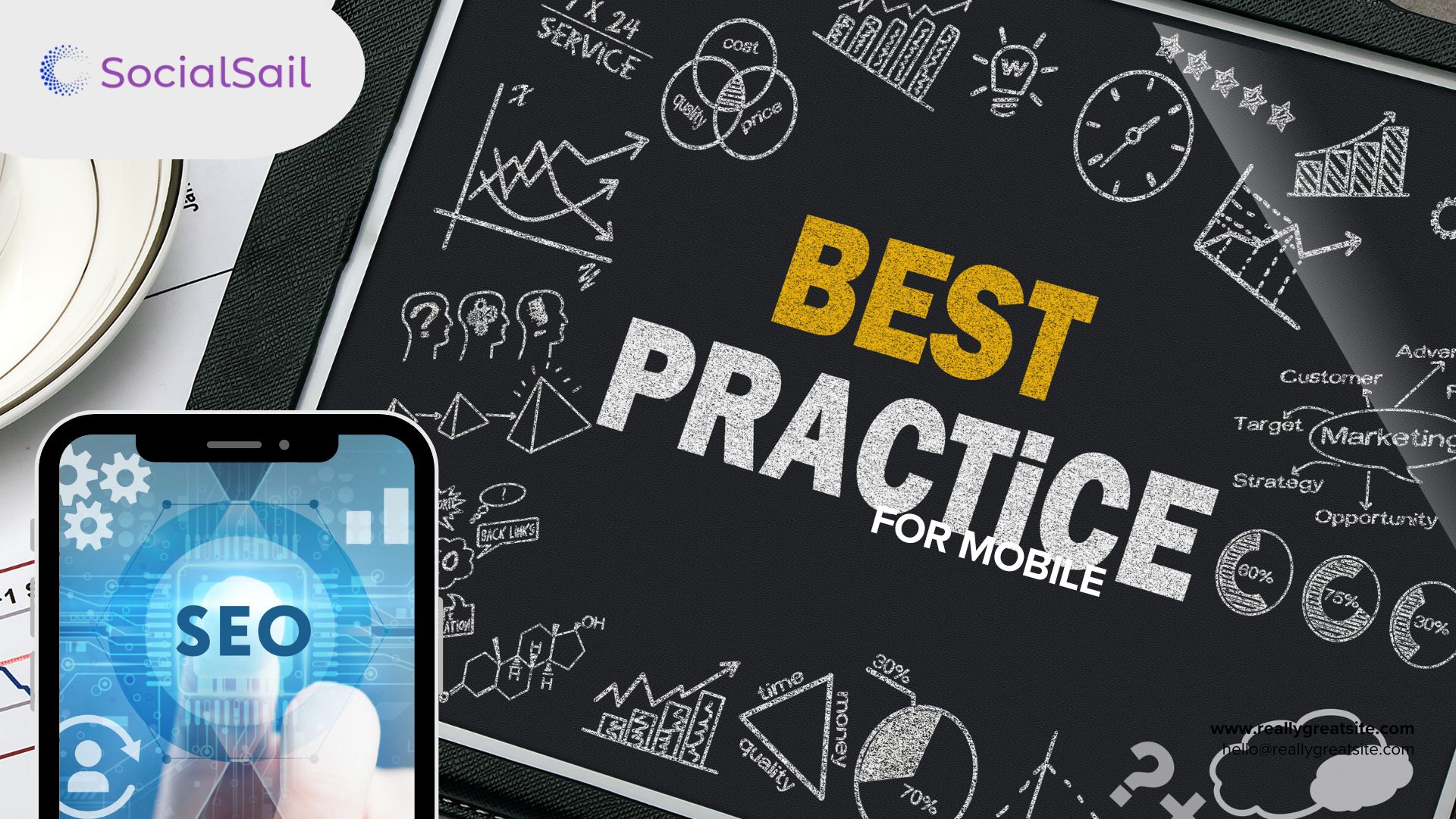In the rapidly evolving digital landscape, fintech companies are revolutionizing the financial sector by combining technology and finance to deliver innovative solutions. However, with increased competition and a digitally savvy audience, having an exceptional product isn’t enough. You need a robust online presence and a data-driven strategy to connect with your target audience. That’s where digital marketing for fintech companies becomes essential.
In this comprehensive guide, we’ll explore actionable digital marketing strategies that deliver measurable results for fintech businesses. We’ll also highlight the importance of expert digital marketing services and how SEO services can drive consistent, long-term growth.
Why Digital Marketing Is Crucial for Fintech Companies
The fintech industry is booming, with startups and established brands competing to capture customer attention. Digital marketing helps fintech companies to:
Increase brand visibility
Build trust and credibility
Educate their audience about complex services
Generate high-quality leads
Retain and engage existing customers
Given the digital nature of the fintech space, investing in digital marketing services is no longer optional — it’s a necessity.
1. Define Your Target Audience and Buyer Persona
Before launching any marketing campaign, fintech companies must understand their audience. Whether you’re targeting millennials seeking mobile banking solutions or businesses needing digital payment gateways, defining buyer personas is critical.
Create personas based on:
Demographics (age, income, location)
Behavioral traits (tech-savviness, financial goals)
Pain points (lack of financial literacy, need for convenience)
This insight helps in tailoring messages, choosing the right platforms, and personalizing your digital marketing strategy.
2. Build a Strong, Conversion-Optimized Website
Your website is your digital storefront. It’s often the first impression potential customers will have of your brand. A high-performing fintech website should be:
Responsive: Optimized for all devices
Fast-loading: Speed is key to user retention and SEO
Secure: HTTPS and data protection build trust
User-Friendly: Clear navigation and CTAs (Calls-to-Action)
Informative: Educational content explaining your services
Don’t forget to integrate key SEO services such as meta tags, image optimization, and schema markup to ensure your website ranks well on search engines.
3. Invest in Fintech-Specific SEO Services
Search Engine Optimization (SEO) is essential for long-term visibility. It ensures your fintech website appears at the top of Google results when users search for terms like “best digital wallet” or “secure payment solutions.”
Key SEO strategies for fintech companies include:
Keyword Research: Focus on long-tail keywords like “AI-driven investment apps” or “secure mobile banking for small businesses.”
On-Page SEO: Optimize headings, meta descriptions, and URLs.
Technical SEO: Improve website speed, mobile usability, and indexing.
Content SEO: Create blogs, FAQs, and landing pages around relevant fintech topics.
Link Building: Gain backlinks from credible fintech and finance sites.
Using professional SEO services can significantly improve your domain authority and attract organic traffic that converts.
4. Leverage Content Marketing to Educate and Convert
The fintech industry is complex, and many users may not fully understand your services. That’s where content marketing shines.
Effective content types for fintech companies:
Blog Posts: Explaining financial concepts, product benefits, or industry news.
Whitepapers & Ebooks: Offering deep dives into trends or solutions.
Explainer Videos: Simplifying how your service works.
Case Studies: Showcasing real-world success stories.
Infographics: Visualizing complex data.
An ongoing content strategy not only boosts SEO but also builds authority and trust among your audience. Partnering with agencies that specialize in digital marketing services for fintech can help craft high-converting content.
5. Harness the Power of Paid Advertising (PPC)
While SEO takes time, paid ads offer immediate visibility. Platforms like Google Ads and LinkedIn are ideal for fintech companies to reach high-intent users.
Tips for successful fintech PPC campaigns:
Use keyword-targeted Google Search Ads for services like “digital payment gateway.”
Create lead-generation ads on LinkedIn targeting financial professionals.
Use remarketing ads to re-engage website visitors.
Combine paid advertising with analytics to optimize ad spend and improve ROI. This dual strategy of SEO services and PPC ensures both short-term and long-term growth.
6. Engage Users with Email Marketing
Email remains a powerful tool for fintech companies to nurture leads and retain customers. Whether it’s onboarding new users or updating them about features, email campaigns can drive user engagement effectively.
Best practices for fintech email marketing:
Personalize messages based on user behavior
Offer educational content and financial tips
Send transaction alerts and security updates
Include CTAs that guide users to your app or website
Automation tools and segmented campaigns ensure timely and relevant communication, enhancing your overall digital marketing services stack.
7. Boost Visibility Through Social Media Marketing
Social media is not just for B2C brands — it’s crucial for fintech companies too. Platforms like LinkedIn, Twitter, and even Instagram can help fintech brands reach wider audiences, share updates, and build credibility.
Fintech social media strategies:
Share thought leadership content
Announce product updates or milestones
Host live Q&As or webinars
Collaborate with influencers in the finance space
Consistency and engagement are key. A digital marketing agency can help manage and scale your social media efforts with targeted strategies.
8. Focus on Online Reputation and Trust Building
Trust is a critical currency in fintech. Users need to feel secure when dealing with digital financial services. Digital marketing helps build this trust through:
Positive reviews and testimonials
PR campaigns to highlight achievements
Third-party certifications or endorsements
Clear communication around data security
Encouraging satisfied clients to leave reviews and leveraging trust signals across your website can strengthen brand credibility.
9. Use Data and Analytics for Smarter Decisions
Fintech thrives on data, and so should your marketing. Track and analyze user behavior, campaign performance, and conversion metrics to refine your strategies.
Use tools like:
Google Analytics
SEMRush or Ahrefs for SEO tracking
HubSpot or Mailchimp for email performance
Hotjar or Crazy Egg for user interaction mapping
Digital marketing isn’t static — continuous optimization ensures you’re always improving ROI.
10. Partner with a Fintech-Savvy Digital Marketing Agency
Implementing all these strategies requires time, skill, and consistent effort. That’s why many fintech companies choose to work with specialized digital marketing agencies.
A dedicated agency can offer:
Fintech-focused SEO services
Conversion rate optimization
Paid ad management
Content and email marketing
Complete analytics and reporting
Working with professionals helps you stay focused on product development while they handle your brand growth online.
Final Thoughts
In a competitive and regulated industry like fintech, success depends not just on innovation, but also on how effectively you market your services. By implementing strategic and data-driven digital marketing for fintech companies, you can attract the right audience, establish trust, and drive real results.
Whether you’re a startup or an established player, investing in expert digital marketing services and customized SEO services can give you the edge you need to thrive in the digital financial landscape.
Need help scaling your fintech brand online?
Partner with a fintech-focused digital marketing agency today and unlock your brand’s full potential.




